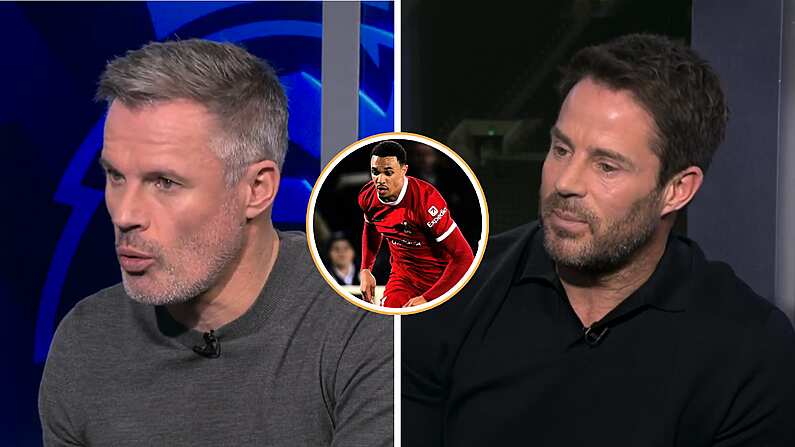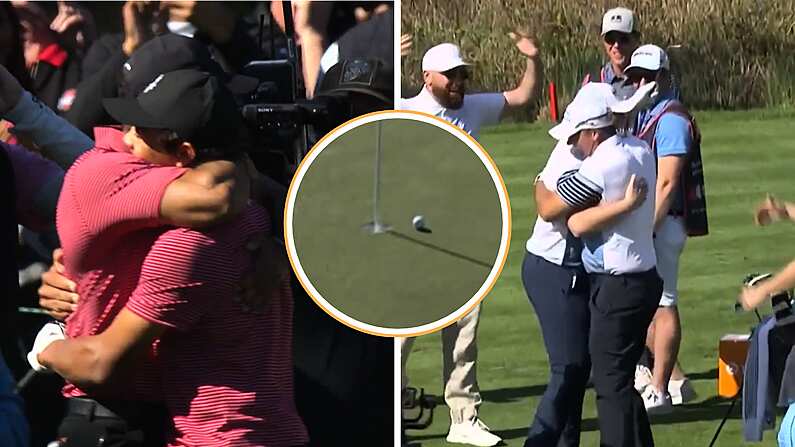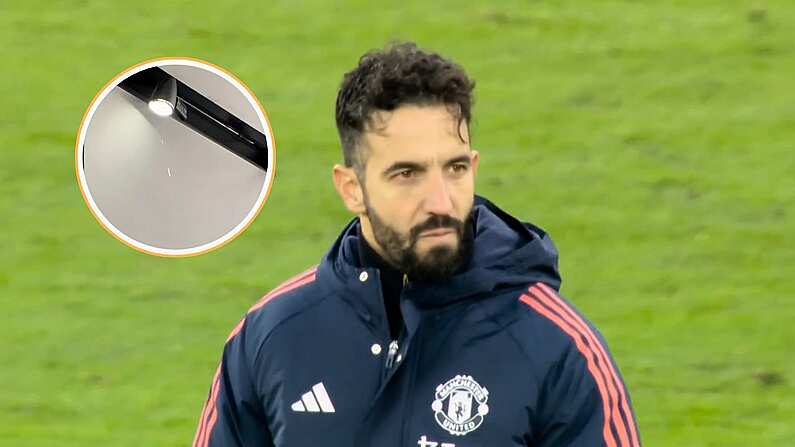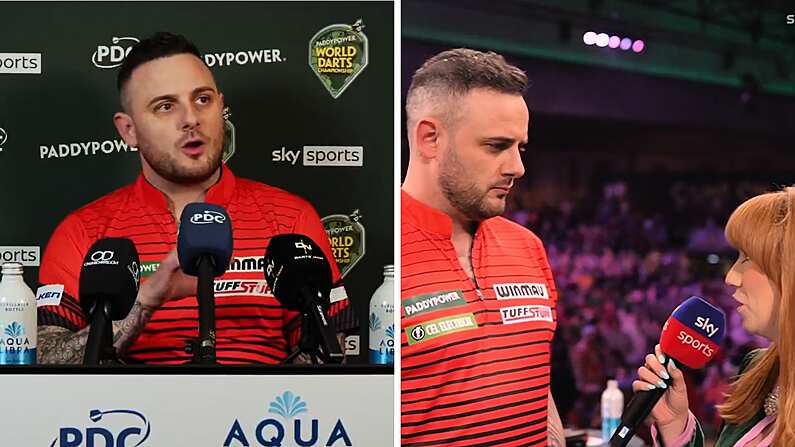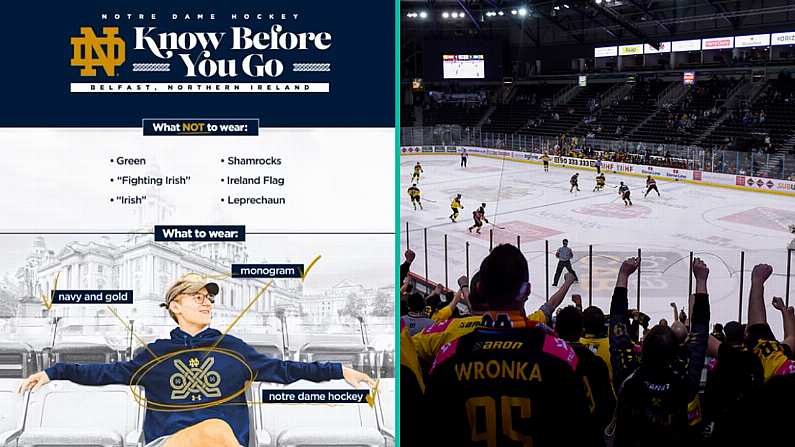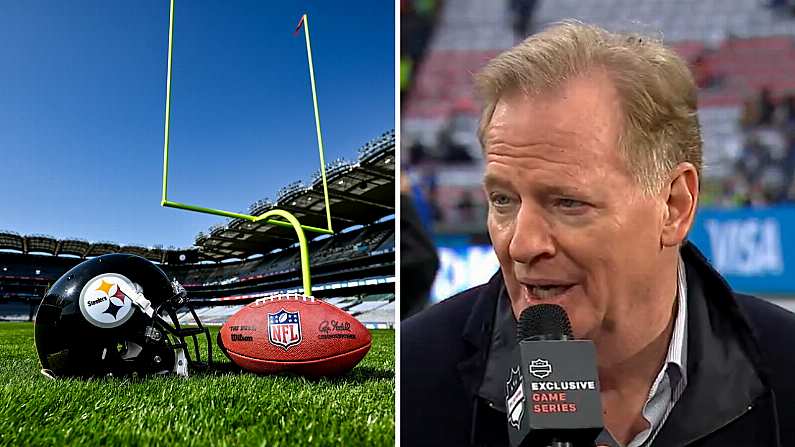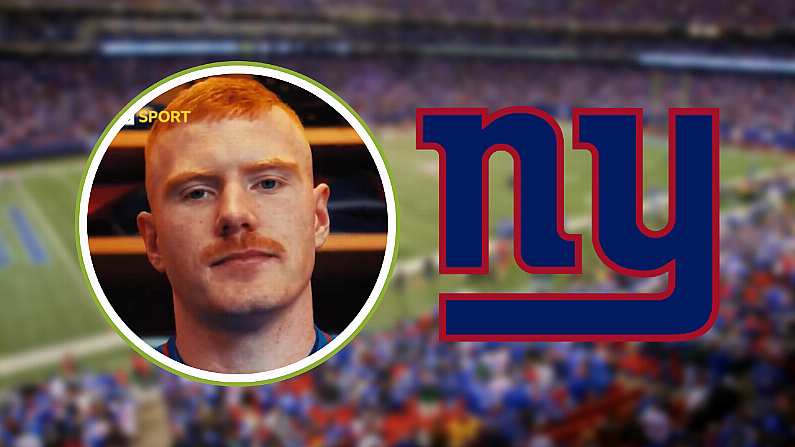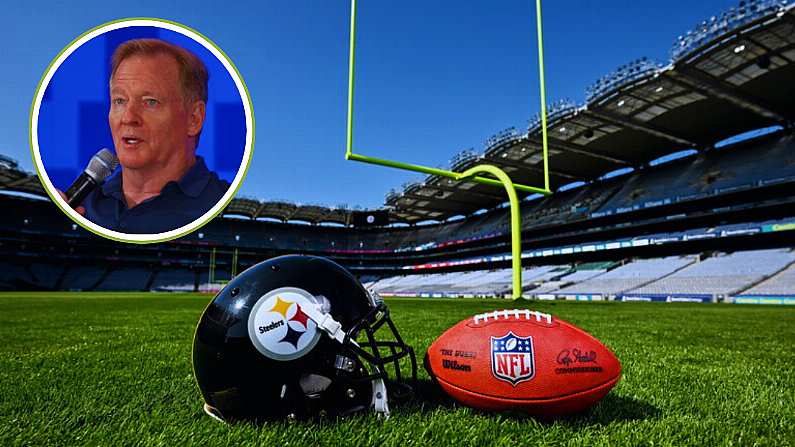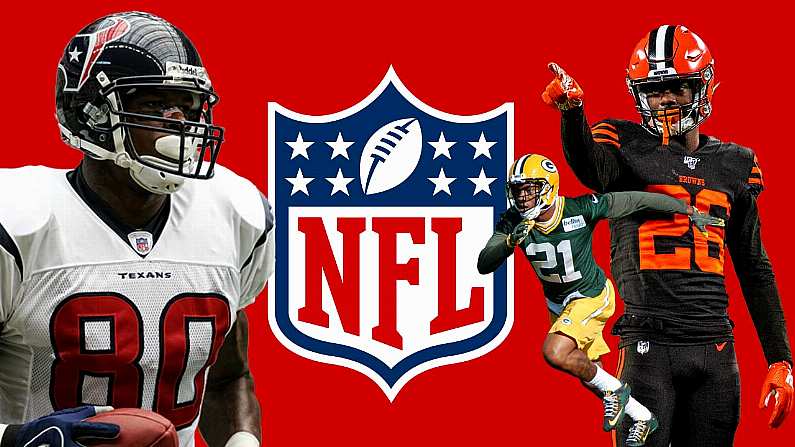For the first time in the history of the sport, the NFL this season had Thursday Night Football for the majority of the regular season. In the past, Thursday night football was exclusive to Thanksgiving day and a handful of games during the second half of the season, along with the odd Saturday night game such as the one this weekend between the Atlanta Falcons and Detroit Lions. This year there was a Thursday night game every week from Week 2 through Week 15, including three games on Thanksgiving.
The reasoning behind the change was projected as a way of getting every team in the league an opportunity to appear on national television. A noble effort from the league's hierarchy made in the interest of the fans.
Yeah...sure...
Of course, the real reason the NFL brought in more Thursday night football games was for the same reason they do anything, money. The NFL has a great, great public relations team and they are perceived by many across the world as the leading light in professional sports because of that PR. Holding up the integrity of the game is something that the league often refers to when making vital decisions or acting on different aspects of the game. Unfortunately, the NFL contradicts it's appearance too often for that to be the truth.
Thursday night football wasn't brought in for the fans. Thursday night football was brought in to raise tv revenues through advertising, advertising that costs more with a national audience. If the NFL really cared about the fans seeing their teams on television, they wouldn't have a policy of blacking out games to the local television stations when the stadium doesn't reach a certain capacity. For those that don't know what a blackout is, it is the process of shutting down a broadcast. If you lived in Cincinnati two weeks ago when the Bengals played the Cowboys, you wouldn't have been able to watch the game because not enough fans attended the game. Makes sense, right? Well no, not to the fans it doesn't. It's the NFL's way of forcing teams to buy tickets and support the clubs as the numbers watching games at home continue to grow.
But the NFL wouldn't do that surely? Wasn't Roger Goodell only talking last week about expanding the playoffs so more fans could get that experience? Goodell, who is employed by the 31 owners(and the representative of the Green Bay Packers' ownership), is trying to extend the playoffs as a roundabout way to add more competitive games to the NFL calender. The NFLPA (NFL Players Association) rejected the NFL's idea for an 18 game season, because the number of injuries in the league are too high even at 16 games for each team. Another level of playoff games means even more national audiences, and more money!
But that makes no sense because the NFL are leading the charge for player safety. Alas, the people who run the NFL don't care about the players really. Firstly, forcing players to play short weeks during the season to accommodate Thursday night football puts unnecessary strain on players physically. Especially since there is no combination with each team's bye week to account for the shortened week.
You could point to the battle against concussions as the NFL protecting it's players, but that would only be acceptable if you were dyslexic and though the word earnings was spelled p-l-a-y-e-r-s. For a very long time people have understood the ramifications of concussions and the damage they can do to a person's mind. It's not like this is a sudden phenomenon that has emerged over the past few years. The NFL has glorified, and continues to do so with it's promotions, the bone crushing, helmet-to-helmet hits that are now outlawed in today's game. While their actions are somewhat admirable, their motivation is not. The NFL only began to act on concussions when a large number of ex-players brought legal action against those in charge. The NFL is battling major lawsuits that could cost them serious amounts of money.
In order to plead their ignorance of any knowledge that players weren't being adequately protected, they have brought in those very harsh rules that many fans despise seeing enforced on the field. Many people point to Goodell's eventually overturned suspensions of the Saints' players involved in Bountygate as Goodell using that situation to further strengthen the NFL's case in court that they do value player safety. On the whole the rules protecting players are not the issue. Arguing that players should be allowed to knock others out is just plain ignorant when players are proven to be suffering from brain trauma later in their lives and many ex-players have taken their own lives, having complained of issues linked to concussions.
There is no doubt the NFL is battling concussions, but whether they are really protecting everyone and prioritizing their safety is another thing completely. Earlier this year they allowed a labour dispute to force the people who enforce the rules protecting players to be replaced by inadequate officials. Of course, you can't always completely blame just one side in any labour dispute, but the NFL, a multi-billion dollar organization, allowed the dispute to last much longer than it should have because it didn't want to pay for the referees' pensions. The referees' pensions would have cost the equivalent of two euro to the average Irishman.
Along with allowing replacement referees to risk player safety on a weekly basis, the league is also failing to protect each player equally. They are fighting concussions, but the rules are inclined towards offensive players. Quarterbacks and wide receivers in particular are protected to a much higher degree than those in the trenches on either side of the ball, linebackers or defensive backs. The reason being is marketing. The importance of Tom Brady and Peyton Manning to the NFL is much greater than any offensive lineman or defensive player. The quarterbacks of the league are the players who typically market the league better than anyone. When Tom Brady tore his ACL in 2008, it led to rule changes. When Brian Cushing tore his ACL on a cutblock earlier this year, there was no similar outrage, while the responsibility of player safety is completely on the players who play defense. That may seem obvious, but in the NFL defensive players are hit as hard and as often as offensive players. They can be just as defenseless as their counterparts.
So while the NFL will continue to spin it's PR to those fans willing to listen, the facts will always reveal the truth about what their real objectives are. There is no issue with a business working like a business, at the end of the day it is a business, but to claim the credit for caring about players and upholding the integrity of the league when they simply don't, is just wrong. Of course, that is the world we live in.
Follow Cian Fahey on Twitter - @Cianaf
Read more of Cian Fahey on Irish Central and in the Guardian’s US Sport section.


